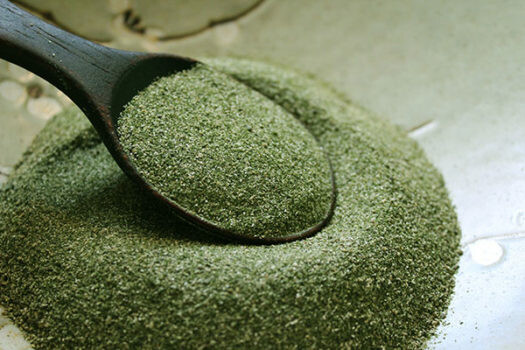
Nightshades vegetables are such a big part of most people’s diets today, but what we need to realize is that they contain compounds that can contribute to some of our health concerns. Nightshades belong to the flowering plant family Solanaceae, which contains over 2000 different species, many of which are inedible and can be highly poisonous. However, many edible plants fall into the nightshade family. The four main nightshades that are frequently consumed are:
- Red and white potatoes (sweet potatoes and yams are not in the nightshade family)
- All tomatoes (including tomatillos)
- All garden peppers (including bell peppers of all colors and all hot chili peppers, dried table pepper, and cayenne)
- Eggplant
Even though these are edible foods, it is possible that the toxic properties of the nightshade vegetables can contribute to a variety of health concerns, pain, inflammation, and digestive issues, especially leaky gut, a condition in which the lining of the small intestine becomes overly porous. A leaky gut allows unwanted pathogens into the bloodstream, leading to health issues. Research also suggest that even moderate consumption of nightshades can contribute to a variety of autoimmune diseases, such as arthritis in particular.
What’s The Problem Nightshade?
Nightshades may contain up to four different alkaloid groups: tropane, indole, pyrrolizidine and steroid The first three groups are known for their pharmaceutical or recreational use while the last one, steroid, is the one that is of major concern.
The components of the steroid group act as a cholinesterase inhibitor, which prevents transmission of nerve impulses to muscles. This results in agitation, twitching, tremors and other harmful effects, which is damaging to most people whose nervous systems are already overactive and stressed. One of the enzyme inhibitors in the steroid group is solanine, a very pro-inflammatory substance that irritates the joints, causing arthritic symptoms and can also cause nausea, diarrhea, dizziness and more.
Lectins in nightshades
Nightshades also contain lectins and saponins, which directly affect digestion. Lectins are a class of sugar-binding proteins that have many biological roles, including protecting plants against predators. The lectins present in nightshades resist digestion, are relatively heat-stable, and can aggressively interact with the proteins in your gut.
Tomato lectin is known to enter the bloodstream relatively quickly in humans, while potato lectins have been found to irritate the immune system and produce symptoms of food hypersensitivity in some people. Even after cooking, there are enough lectins remaining to cause further problems if you have leaky gut.
Saponins in nightshades
Saponins are part of the steroid family and interact with the cholesterol molecules that line the gut. Once the saponins bind with these molecules, their detergent-like properties can create holes in the lining of the gut, allowing substances to enter the cells. Dietary saponins are believed to stimulate the immune response to proteins leaking out of the gut.
When antibodies are formed against proteins that look very similar to sequences of other normal proteins in the human body, there is an increased chance of developing an antibody against one’s self. When this happens, the immune system attacks normal healthy proteins/cells in your own body, and this is the development of autoimmunity.
Arguments For The Nightshades
Most people are familiar with the fact that tomatoes are high in vitamins C, lycopene and potatoes are rich in some nutritious foods, containing a lot of vitamin C and carotenes. While this is true and not everyone is affected equally by nightshades but it's always good to consider eliminating your consumption to see if your digestion improves and inflammation is reduced.
Disclaimer: The information contained herein is not to be construed as medical advice and is not intended to diagnose, treat, or cure any medical condition. These statements made have not been approved by the FDA, nor should they be taken as a substitute for medical advice from a licensed physician.
Affiliate Links: Some links on my website and emails are affiliate links. Should you click on these links and decide to purchase anything, I will receive a small commission and you will have my sincere thanks for supporting Tina’s Healthy Living.










